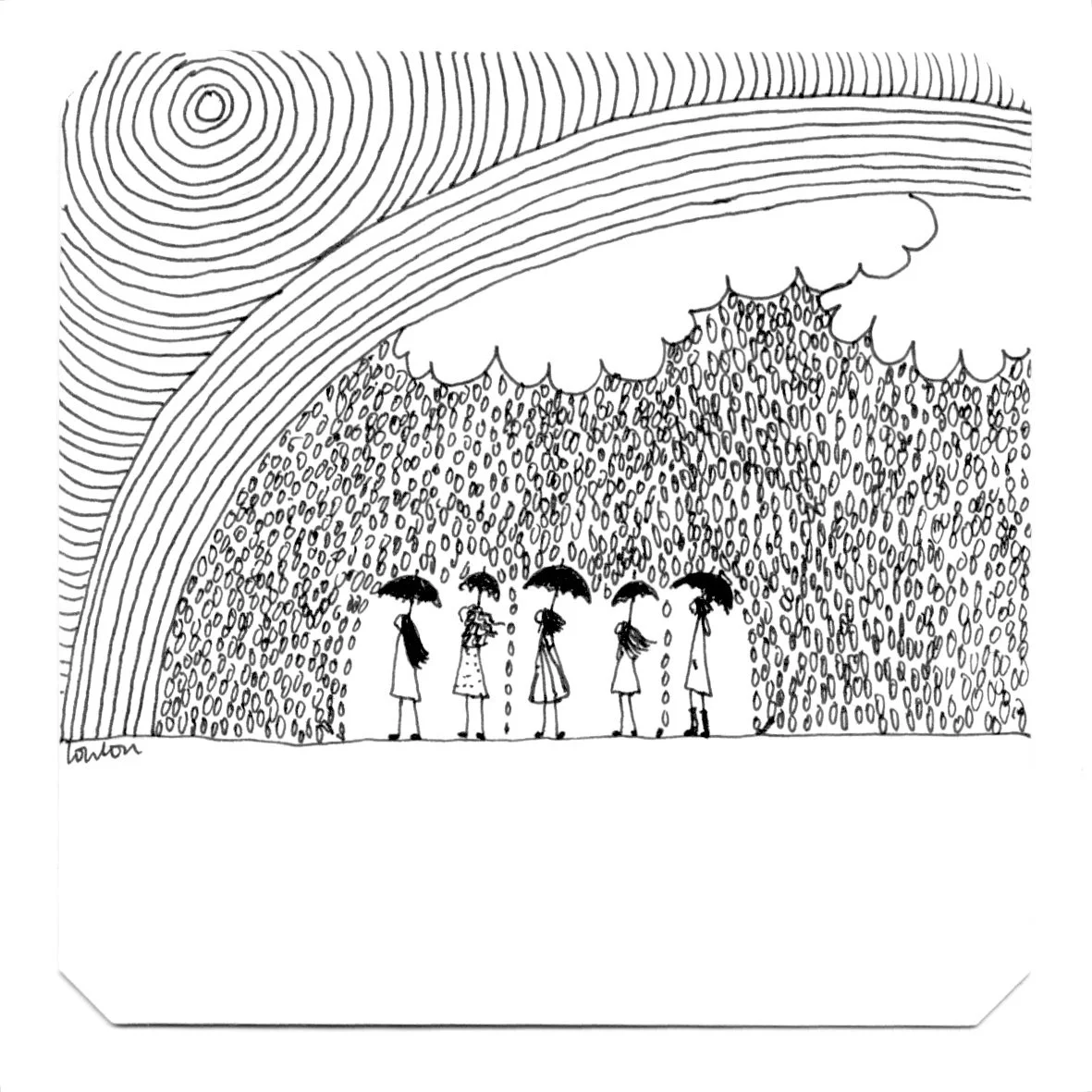Views, voices & vision
Diversity, inclusion & equity when using the platform of podcasts.
There is huge responsibility in creating a podcast. We have the opportunity to share our views, voices, and vision on a vast scale. So we don’t want to skew it to one group. We want podcasts to represent the world we live in and the listeners who are taking some of their hard-earned time to tune in. They want to hear their stories reflected back at them. They want to hear the experiences, challenges, and triumphs of those who might not have had all the advantages and privilege of some, but have made their way anyway.
In the burgeoning world of podcasting, where voices from all corners of the globe can converge, it becomes imperative to carve out a space that is genuinely inclusive. Our airwaves must become a tapestry of diverse threads, each one as vital as the next, interwoven to create a more accurate representation of the society in which we live.
We can use our individual privilege to make space for those less advantaged. Creating a podcast platform that embodies diversity, inclusion, and equity (DEI) involves several steps and strategies that ensure these values are not just represented but are integral to the platform's DNA.
The concept of DEI in podcasting is not a passive one; it's an active process of engaging with the underrepresented voices, understanding their perspectives, and ensuring that they are heard. It’s about more than just ticking boxes; it's about fostering an environment where different voices are not only included but are also empowered to lead the conversations.
We may not be where we need to be yet. But recognizing that is the first step. Then we gradually make changes, as we understand better, and start to use our podcast platforms to elevate the status of equity in society, break the silence of complicity to systemic racism and sexism, and join forces to be allies and champions to those for whom the start of the race was way back.
A true DEI-focused podcasting platform starts with introspection and a commitment to ongoing education. It means having the tough conversations about privilege, biases, and the systemic barriers that have silenced many for far too long. It's about making a deliberate effort to seek out stories that challenge the status quo, that inspire change, and that give voice to those on the margins.
Creating such content demands courage and a willingness to step back when necessary to let others lead. It's about understanding the power dynamics at play and using one's position to amplify others rather than overshadowing them. It involves mentorship programs, collaborative opportunities, and fostering a community of creators that uplift each other.
Podcasting platforms must also be brave enough to hold themselves accountable. This involves setting clear goals for inclusion, regularly reviewing content and practices, and being transparent with audiences about the progress being made and the challenges faced.
In essence, the creation of a DEI-centric podcast platform is an ongoing journey rather than a destination. It requires a shift from merely providing a microphone to crafting a stage where every voice has a place, and the narrative is richer for it.
The responsibility of a podcast creator in today’s world extends beyond entertainment and education. It is about being part of a movement that uses the power of storytelling to bridge divides, to foster empathy, and to create a world where everyone's story matters. For in the realm of sounds and voices, our greatest strength lies in the chorus of diversity that resonates with the core of our shared humanity.
DEI is not a one-time initiative but a continuous process. Regularly review your strategies, content, and audience engagement to identify areas for improvement. Be willing to make adjustments and evolve your approaches as needed.
In conclusion, ensuring diversity, inclusion, and equity in podcasting isn't just about checking boxes. It's about creating a platform where all voices can be heard, respected, and valued equally. It's an ongoing commitment to learning, understanding, and adapting to create a space that truly reflects the diverse world we live in.
Here are ten steps to create an equitable podcast:
1. Equity Mission Statement: Craft a mission statement that includes commitment to equitable practices.
2. Diverse Casting: Select a wide range of guests that represent different demographics.
3. Fair Practices: Implement transparent and fair recruitment, and ensure equitable compensation in your podcast creation process.
4. Content Accessibility: Provide content in various formats for all types of audiences, including those with disabilities.
5. Inclusive Topics: Choose a broad spectrum of topics that cater to a diverse audience.
6. Bias Training: Require bias and cultural sensitivity training for all team members.
7. Listener Engagement: Establish channels for listener feedback on equity issues and act on the suggestions.
8. Mindful Partnerships: Form partnerships with sponsors that support or advance equity.
9. Revenue Transparency: Maintain transparency in revenue generation.
10. Ongoing Evaluation: Regularly evaluate and adapt practices to improve equity.
PS. Download my free podcast planning workbook- it gets you exactly where you need to be to start a podcast that reflects you, your expertise and your unique perspective.
PPS. Watch my masterclass - it’s a free intro to podcast guesting that will get you started on your brand storytelling journey. Dare to share, and your people will find you.
PPPS. Read my book Dare to Share- a step-by-step guide to podcast guesting



